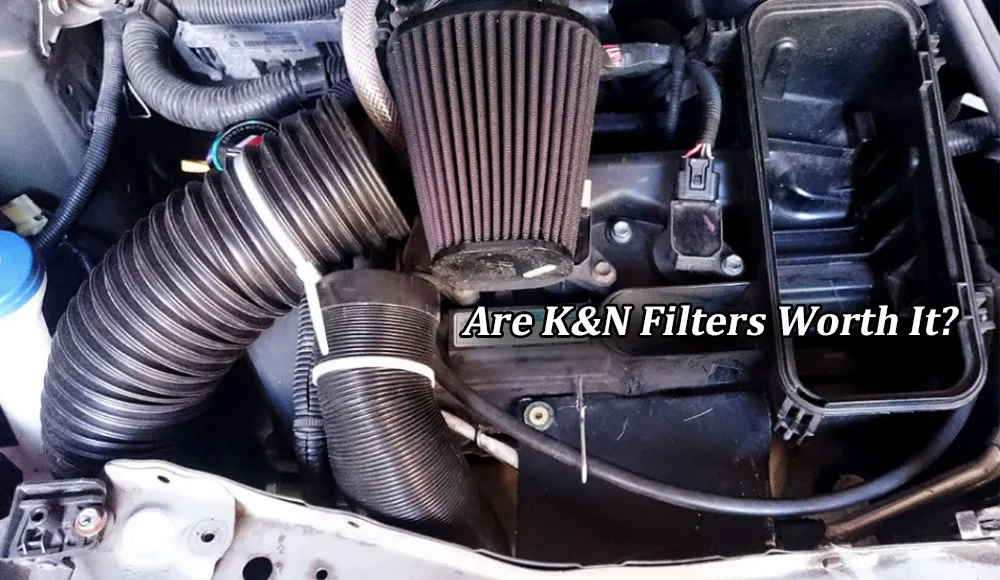As a car enthusiast and a blogger, I’ve always been fascinated by the allure of Ford Mustangs. These cars are not just vehicles; they’re symbols of power, freedom, and American muscle. However, there’s a recurring issue that often shadows their reputation – Mustangs losing control.
In this blog post, I aim to explore the reasons behind this phenomenon, digging into mechanical, environmental, and human factors. Let’s buckle up and dive into this intriguing topic.

Mechanical Factors
Engine Power and Torque
First, let’s talk about what’s under the hood. Mustangs are renowned for their powerful engines. With great power comes great responsibility, and in this case, a high torque output. This immense power can be hard to handle, especially for inexperienced drivers. When you hit the gas pedal, the car responds with a burst of speed that can be overwhelming, and if not managed correctly, it can lead to loss of control.
Rear-Wheel Drive Dynamics
Another key aspect is the rear-wheel drive (RWD) system that most Mustangs use. RWD cars are prone to oversteer, especially in slippery conditions or during sudden turns. This means the rear of the car can swing out during aggressive acceleration, making it challenging to control, particularly for those not used to such dynamics.
Traction and Stability Control Systems
Modern Mustangs come equipped with advanced traction and stability control systems. These systems are designed to prevent skidding and loss of control, but they’re not foolproof. In certain scenarios, like extreme weather conditions or when these systems are turned off (often by drivers seeking a more ‘pure’ driving experience), the risk of losing control increases.
Driver-Related Factors
Experience and Skill Level
Handling a Mustang requires more than just a love for speed; it requires skill. The combination of power and RWD can be a handful even for seasoned drivers. For novices, it can be downright dangerous. Without proper experience and respect for the car’s capabilities, the likelihood of losing control skyrockets.
Overconfidence and Risk-Taking Behavior
There’s something about sitting behind the wheel of a Mustang that can make some drivers overconfident. This overconfidence, paired with the car’s performance capabilities, often leads to risk-taking behaviors – speeding, aggressive maneuvers, and underestimating road conditions – all of which can result in losing control.
Reaction to Unexpected Situations
Even the most skilled drivers can be caught off guard by sudden changes in road conditions or unexpected obstacles. The way drivers react in these situations – braking too hard, oversteering, or panicking – can often lead to a loss of control. It’s crucial to stay calm and react judiciously in such scenarios.
Environmental and External Factors
Road Conditions
Mustangs, like any other car, are at the mercy of the road conditions. Wet, icy, or uneven roads are notorious for causing loss of control. In such conditions, the power and RWD of a Mustang can become liabilities if not handled with extra care.
Tire Quality and Maintenance
The condition of your tires plays a pivotal role in maintaining control. Worn-out or improperly inflated tires significantly reduce traction, making it easier to lose control. Regular tire maintenance is not just advisable; it’s essential, especially for high-performance vehicles like the Mustang.
Impact of Modifications
Many Mustang owners love customizing their rides. While modifications can enhance performance, they can also upset the car’s balance and handling. Engine tuning, suspension changes, and other modifications should be done judiciously and preferably by professionals who understand the dynamics of the vehicle.
Comparative Analysis with Other Vehicles
Performance Comparison
It’s interesting to compare Mustangs with other sports cars. While similar issues exist across high-performance vehicles, the degree to which they impact control varies. Mustangs, with their specific combination of power, design, and drive system, have unique challenges.
Statistical Data on Accidents
Statistical data shows that Mustangs are involved in more accidents related to loss of control compared to some other sports cars. This data, however, should be viewed in context – considering the number of Mustangs on the road and the diverse range of drivers they attract.
Mitigation and Prevention Strategies
Driver Education
Education is key. Understanding the vehicle’s capabilities, learning proper driving techniques, and respecting road conditions are vital in preventing loss of control. I advocate for specialized training for anyone planning to drive a high-performance vehicle like the Mustang.
Regular Vehicle Maintenance
Regular maintenance, including tire checks, brake inspections, and ensuring that all safety systems are functioning correctly, is crucial. A well-maintained car is less likely to encounter mechanical failures that can lead to loss of control.
Adopting Safe Driving Practices
Lastly, safe driving practices can’t be emphasized enough. Obeying speed limits, avoiding aggressive maneuvers, and being mindful of road conditions are practices that go a long way in ensuring both your safety and that of others on the road.
Conclusion
In conclusion, while Mustangs are powerful and exhilarating to drive, they demand respect and responsibility. Understanding the reasons behind their tendency to lose control – be it mechanical, environmental, or human – is crucial for every driver. As we embrace the thrill of driving these iconic cars, let’s not forget the importance of safety and control. After all, the true joy of driving a Mustang comes from mastering its power, not being overpowered by it.


